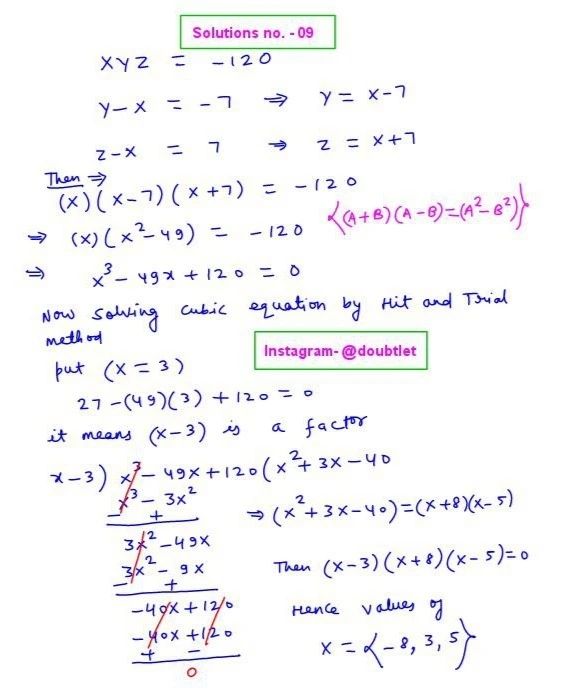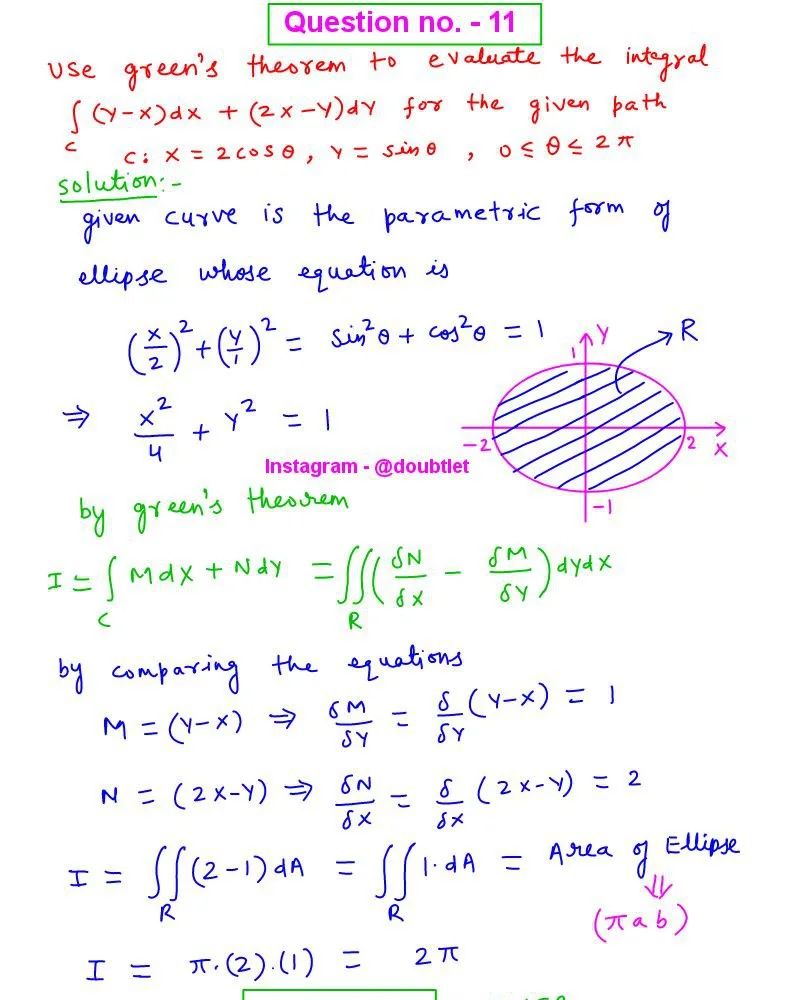









Moore-Penrose inverse or Pseudoinverse Calculator
This calculator will help you to find the Moore-Penrose inverse or Pseudoinverse of a matrix of any order at a time with the steps shown.
Singular Value Decomposition
Gram-Schmidt Calculator
Solving a system of linear equation
Reduced row echelon form of a matrix
Linear Independence of vectors
Nature of Solution for a system of linear equation
Transition matrix.
- 1. Introduction to the Moore-Penrose Inverse or Pseudoinverse calculator
- 2. What is the Formulae used & conditions required ?
- 3. How do I find the Moore-Penrose Inverse or Pseudoinverse of a matrix ?
- 4. Why choose our Moore-Penrose Inverse or Pseudoinverse of a matrix Calculator?
- 5. A Video for explaining this concept
- 6. How to use this calculator ?
- 7. Solved Examples
- 8. Frequently Asked Questions (FAQs)
- 9. What are the real-life applications?
- 10. Conclusion
1. Introduction to Moore-Penrose Inverse or Pseudoinverse of a matrix
The Moore-Penrose Pseudoinverse takes center stage in the symphony of linear algebra, where matrices orchestrate the mathematical melody. Join us as we demystify this versatile tool, exploring its definition, applications, and the key steps to unlock its magic using transpose and inverse matrices.
The Moore-Penrose Pseudoinverse denoted as , is a generalization of matrix inversion. It gracefully handles scenarios where traditional inverses stumble, especially for non-square matrices or those with linearly dependent columns. By employing the concepts of matrix transpose and inverse, it extends a helping hand in solving a wide array of linear algebra problems.
2. What is the Formulae used & conditions required?
The pseudoinverse can be expressed using the formula
The conditions include having a matrix A and ensuring that is invertible, which means A has full column rank.
3. How do I calculate the Moore-Penrose Inverse or Pseudoinverse of a matrix?
Find the transpose of the matrix A.
Multiply the matrix A with the transpose of the matrix.
Find the inverse of the matrix obtained in the above step.
Again, multiply the transpose of the matrix with the matrix obtained in the above step.
4. Why choose our Moore-Penrose Inverse or Pseudoinverse Calculator?
Our calculator page provides a user-friendly interface that makes it accessible to both students and professionals. You can quickly input your square matrix and obtain the matrix of minors within a fraction of a second.
Our calculator saves you valuable time and effort. You no longer need to manually calculate each cofactor, making complex matrix operations more efficient.
Our calculator ensures accurate results by performing calculations based on established mathematical formulas and algorithms. It eliminates the possibility of human error associated with manual calculations.
Our calculator can handle all input values like integers, fractions, or any real number.
Alongside this calculator, our website offers additional calculators related to Pre-algebra, Algebra, Precalculus, Calculus, Coordinate geometry, Linear algebra, Chemistry, Physics, and various algebraic operations. These calculators can further enhance your understanding and proficiency.
5. A video based on how to find the Moore-Penrose Inverse or Pseudoinverse of a matrix.
6. How to use this calculator
This calculator will help you find a matrix's Moore-Penrose Inverse or Pseudoinverse.
In the given input boxes, you have to put the value of the given matrix.
A step-by-step solution will be displayed on the screen after clicking the Calculate button.
You can access, download, and share the solution.
7. Solved Example
Find the Moore-Penrose Inverse or Pseudoinverse of the matrix =
Find the transpose of the matrix = .
Multiply the matrix A with =
Find the inverse of the matrix obtained in above step =
Now using the above given formula to find the pseudo-inverse =
8. Frequently Asked Questions (FAQs):-
Why is the pseudoinverse useful in linear algebra?
The pseudoinverse is useful for solving systems of linear equations, especially when dealing with non-invertible or underdetermined matrices.
Can any matrix have a pseudoinverse using transpose and inverse?
Any matrix can have a pseudoinverse using the formula, as long as is invertible.
What happens if is not invertible?
If is not invertible, this method cannot calculate the pseudoinverse. It usually implies that A does not have full column rank.
How does the pseudoinverse handle rectangular matrices?
The pseudoinverse efficiently handles rectangular matrices, providing solutions even when the number of equations and unknowns doesn't match.
Is the pseudoinverse unique for a given matrix?
The pseudoinverse is not unique. Different methods of obtaining may yield different results, but they all satisfy the conditions.
9. What are the real-life applications?
In fields like signal processing and data analysis, the pseudoinverse finds applications in solving linear equations and obtaining solutions for systems with more equations than unknowns or vice versa.
10. Conclusion
As we wrap up our journey into the Moore-Penrose Pseudoinverse, remember its beauty lies in simplicity and applicability. Embrace the elegance of using transpose and inverse matrices, and witness how this pseudoinverse extends its helping hand in the complex world of linear algebra. Though born from mathematical intricacies, the pseudoinverse proves to be an invaluable tool in solving real-world problems, providing solutions where traditional methods fall short.
This blog is written by Neetesh Kumar
If you have any suggestions regarding the improvement of the content of this page, please write to me at My Official Email Address: [email protected]
Are you Stuck on homework, assignments, projects, quizzes, labs, midterms, or exams?
To get connected to our tutors in real-time. Sign up and get registered with us.
Comments(0)













Leave a comment